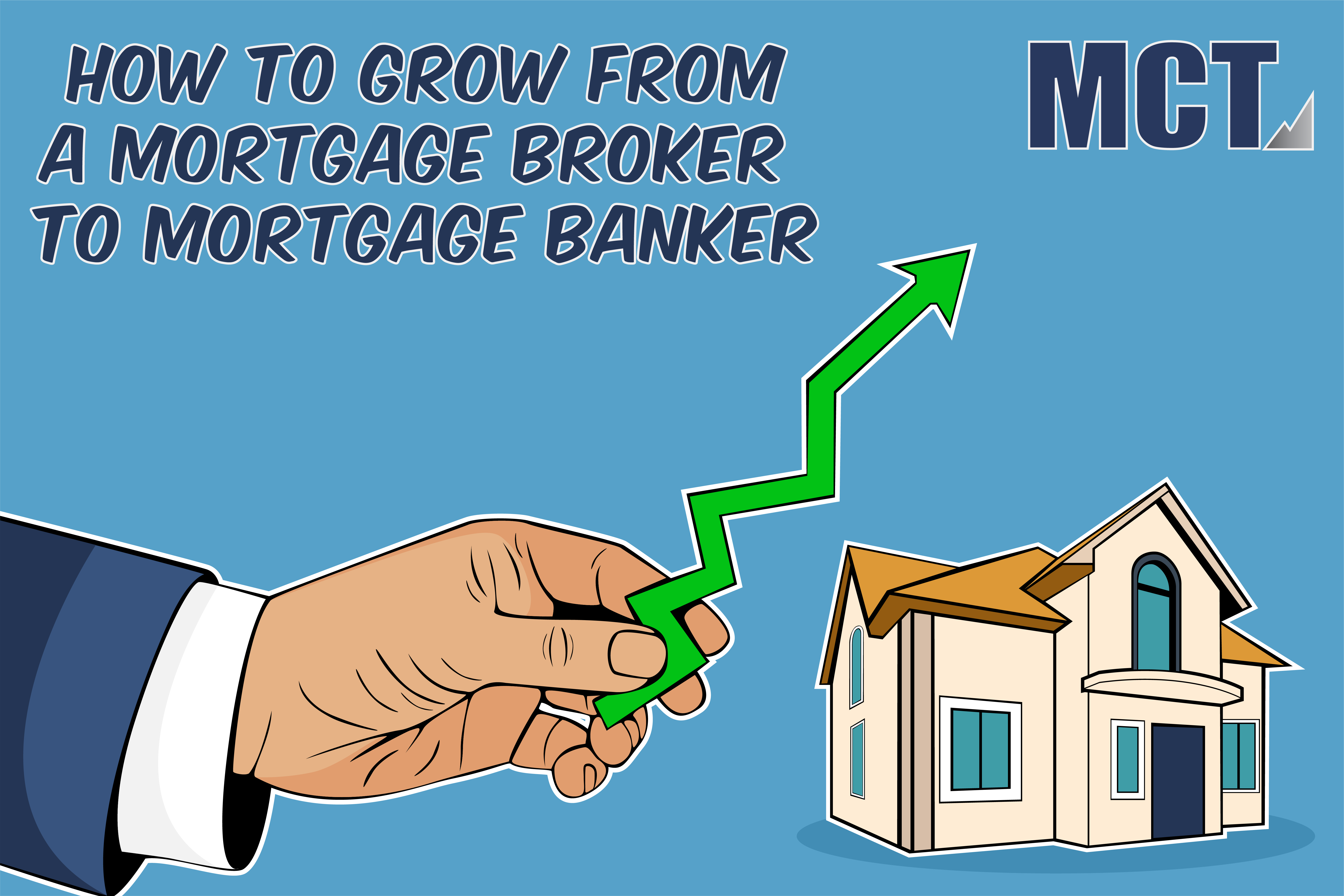Jumbo Loan: Flexible Home Mortgage Solutions for Large Residential Or Commercial Property Purchases
Jumbo Loan: Flexible Home Mortgage Solutions for Large Residential Or Commercial Property Purchases
Blog Article
Recognizing What a Jumbo Loan Entails and Exactly How It Varies From Standard Loans
Navigating the ins and outs of big loans discloses a funding choice customized for those venturing into high-value realty, typically going beyond the restrictions established by the Federal Housing Financing Firm. In comparison, standard fundings are typically a lot more accessible, benefiting from backing by entities such as Fannie Mae and Freddie Mac. The considerable danger associated with jumbo car loans requires more rigid credentials needs, consisting of greater credit rating and substantial down settlements. As these two funding types provide to varying financial landscapes, recognizing their subtleties is essential for making informed decisions in the intricate world of property funding. But just how do you identify which path finest suits your economic technique?
Meaning of Jumbo Loans
Jumbo finances are a type of home loan that surpass the adjusting car loan restrictions established by the Federal Housing Financing Firm (FHFA) These lendings cater to consumers who need to finance residential or commercial properties that are a lot more pricey than what standard car loan limitations permit. The FHFA develops yearly conforming lending limitations, and any type of financing surpassing these thresholds is classified as a jumbo funding.
Usually, jumbo finances are made use of in high-cost property markets where home costs substantially surpass national averages, such as in cities or luxury housing fields. As these financings are not qualified for purchase by Fannie Mae or Freddie Mac, they carry inherent threats for lending institutions because of their larger dimension and non-conformity (jumbo loan). Subsequently, loan providers frequently impose a lot more strict qualification requirements for big loans than standard adapting financings.
Consumers seeking big car loans have to usually demonstrate a solid financial account, consisting of a higher credit scores rating, robust earnings confirmation, and substantial deposit, frequently 20% or even more. Additionally, loan providers might require a lot more extensive paperwork to analyze the borrower's capability to take care of larger regular monthly settlements. Understanding the particular qualities of big car loans is vital for potential customers navigating this segment of the home mortgage market.
Conventional Finances Review
While jumbo car loans deal with high-value residential or commercial property financing, traditional finances stand for the even more common mortgage option in the housing market. These car loans are not insured or ensured by any type of federal government entity, such as the Federal Real Estate Management (FHA) or the Division of Veterans Affairs (VA) Instead, they are backed by personal loan providers and stick to guidelines set by government-sponsored enterprises (GSEs) like Fannie Mae and Freddie Mac.
Conventional car loans are usually used with taken care of or adjustable rate of interest rates and vary in regards to period, frequently covering 15 to thirty years. Customers typically choose conventional lendings for their predictable monthly settlements, which can promote long-lasting monetary planning. In addition, they are readily available for main residences, 2nd homes, and financial investment properties, supplying adaptability to satisfy diverse borrower demands.

Secret Distinctions In Between Loans
At the center of this decision-making procedure are big fundings and traditional fundings, each having distinctive attributes and serving different consumer demands. Big lendings exceed the adjusting finance limitations set by the Federal Real Estate Financing Agency (FHFA), which differ by region.

Furthermore, the deposit needs can vary substantially. Jumbo fundings generally call for bigger deposits, in some cases surpassing 20%, to alleviate threat. Standard loans, conversely, may permit lower down repayments, with some programs accepting as little as 3% for competent purchasers.
Certification Demands
Protecting a jumbo funding includes satisfying much more strict certification demands compared to conventional car loans, reflecting the enhanced risk to lenders. These lendings, which exceed the conforming loan restrictions established by the Federal Real Estate Finance Agency (FHFA), are not qualified for acquisition by Freddie Mac or Fannie Mae, thus subjecting lenders to better economic danger - jumbo loan. Consequently, debtors have to show a high credit reliability and economic stability
A robust credit history, typically 700 or greater, is vital for approval. Lenders additionally anticipate a lower debt-to-income (DTI) proportion, typically not exceeding 43%, making certain that debtors can manage significant regular monthly payments along with other economic responsibilities. A substantial money get is typically needed, commonly amounting to six months of home mortgage payments, to guarantee lending institutions of the customer's economic resilience.
Down settlement assumptions are also elevated, frequently starting at 20% or more of the residential or commercial property's value. While this is a secure for loan providers, it requires significant in advance funding from debtors.
Selecting the Right Finance
When picking the most ideal finance choice,Navigating the complexity of jumbo loans calls for mindful consideration. With the broader range look at this website of alternatives readily available to those seeking jumbo loans, the decision-making procedure must include a comprehensive evaluation of one's monetary profile and long-term objectives. Unlike traditional lendings, big finances typically come with more stringent demands and varied passion rates, which necessitate detailed research study and a clear understanding of one's financial standing.
When picking between various jumbo lending offerings, it is essential to review the funding terms, including passion rates, settlement schedules, and linked charges. Borrowers must compare the prices provided by various lenders to guarantee they safeguard the most favorable terms. Furthermore, understanding the ramifications of dealt with versus adjustable-rate home loans (ARMs) is crucial, as each choice offers distinctive benefits and threats depending on market problems and personal monetary techniques.
Involving with a financial consultant or home mortgage broker can provide useful understandings tailored to private conditions. These professionals can help in browsing the nuances of jumbo loans, guaranteeing that borrowers are knowledgeable and equipped to select a funding that lines up with their economic purposes, ultimately helping with a smoother home-buying process.
Conclusion
In recap, big car loans serve as a financial instrument for obtaining high-value properties, necessitating stringent eligibility requirements and higher rates of interest due to the elevated threat for lenders. Unlike standard loans, which satisfy FHFA limits and may obtain support from Fannie Mae or Freddie Mac, big finances call for a minimum credit report of 700 and considerable deposits. Comprehending these distinctions is essential for borrowers in high-cost realty markets to establish one of the most appropriate funding option for their needs.
The FHFA develops yearly adhering lending limits, and any kind of finance exceeding these thresholds is identified as a jumbo lending.
At the forefront of this decision-making procedure are jumbo loans and standard fundings, each possessing unique qualities and offering different borrower demands.Securing a big car loan involves satisfying more rigid qualification requirements compared to standard loans, mirroring the increased risk to loan providers. Unlike conventional financings, jumbo loans typically come with more stringent demands and differed interest rates, which demand comprehensive study and a clear understanding of one's financial standing.
Unlike traditional financings, which adhere to FHFA limitations and might receive backing from Fannie Mae or Freddie Mac, big loans need a minimal debt score of 700 and considerable down settlements.
Report this page